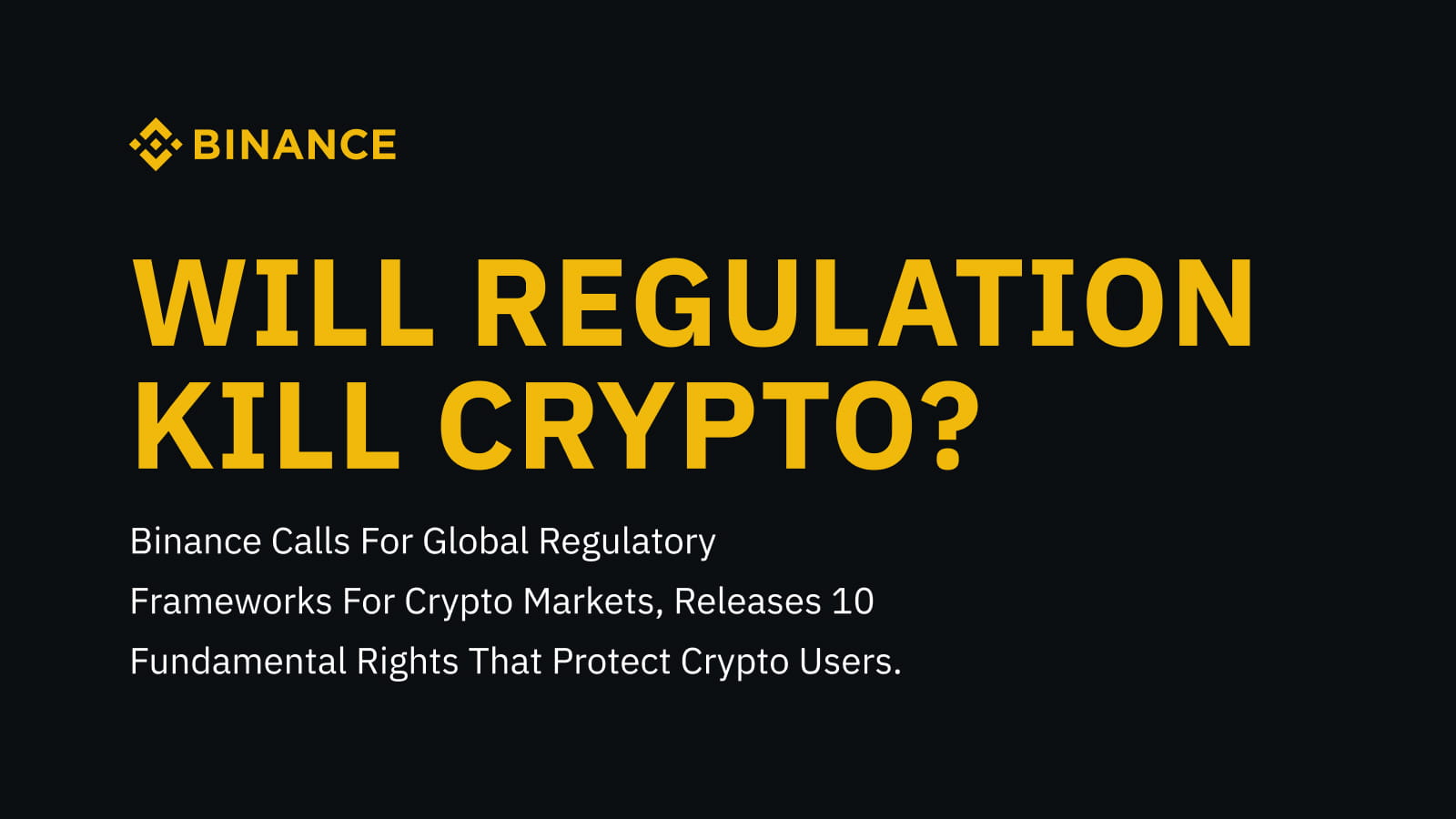Total BNB burned: 1,335,888 BNB
Approximate value in USD: ~$639,462,868 USD
Transaction ID (TXID) for BNB burn: View Transaction
Transaction ID for BNB transfer: View Transaction (To be updated shortly)
BNB burned from the Pioneer Burn Program: 17,839 BNB
Total BNB supply has decreased from approx. 168,137,036 BNB to 166,801,148 BNB
Every quarter, Binance commits to burning BNB, until 50% of the total BNB supply (approximately 100,000,000 BNB) is removed from circulation. 40% of the total BNB supply (80,000,000 BNB) was originally allocated to the Binance team. This team allocation remains untouched, with zero BNB tokens having been used or sold for any purpose other than for our quarterly burn events.
You should also know that last year, we introduced our BNB Pioneer Burn Program, to help users who lose their assets in rare circumstances. For transparency, we also include the total token burns from the Pioneer Burn Program on a quarterly basis.
Thanks to your strong support, our category position in the market has increased over the last three months (as well as for the year). Based on research from The Block, we grew our category position from 69.6% in June to 69.7% in July and 70.3% in August.
One caveat to this 70% number: this figure is based on a small number of exchanges deemed “legitimate” by the researcher. According to our own research, which includes a much more comprehensive dataset–hence lowering our category position estimate–our “true” position is lower: somewhere around 50%. However, the relative proportions of the big exchanges are the same.
This figure has some significant implications. First, we don’t view other exchanges as competitors. Why? Say we grow our category position from 70% to 80%: we only increase 10%, whereas if the industry grows 10x, we will likely grow by a few multiples. For this reason, we always focus on growing the industry.
Second, we’ve worked hard to build trust with our users over the past four years, by placing them at the center of our actions and decisions. We are also in a position to lead the industry when it comes to achieving healthy growth and establishing industry norms to protect users.
Many people have the assumption that crypto industry players don’t want regulation. That is a misconception. We welcome regulation. I will explain why first, then how, as well as some of the related implications.
1. Mass Adoption Requires Regulation
Today, I’d estimate crypto adoption is less than 5%. That is, if you asked 100 people on the street, you would probably get five people that own some kind of crypto. These early adopters are willing and comfortable with depositing meaningful amounts of money to a (reputable) exchange. These are the early adopters. For the rest of the 95% of the population, what we call the mass audience, they would be more comfortable depositing money into a platform that’s licensed by some government body. Having regulatory frameworks and licenses will allow us to reach the 95% of people, the mass adoption phase. I believe our industry is now entering that phase.
2. An Opportunity To Lead and Influence
Given our category position, which I described earlier, when regulators think about crypto regulation, they look at Binance. While this sometimes generates negative PR, it also gives us the opportunity to communicate with regulators. It does not guarantee that they will take our recommendations, but at least in most cases we can be heard. In addition to KYC/AML and the standard compliance procedures, we are always willing to share our best practices in terms of user protection, risk management, wallet security, listing frameworks, etc. We believe that our practices have contributed to getting us to the industry leadership position, and we want to share that back to build a healthy industry.
3. Effective Regulation Generates Positive Long Tail Effects
An additional reason why some exchanges welcome regulation is that regulations will cut off the long tail of small exchanges, especially the ones that are engaged in unethical and questionable practices. We want the industry to be healthy.
We are working on a number of fronts to embrace regulation in the blockchain and crypto space.
First and foremost is hiring. People remain the most important factor for success. Over the last few months, we hired many senior ex-regulators. They join our team, understand what we do, analyze any gaps and work with us on enhancements. They can also communicate in a language that their colleagues understand. In addition, they bring credibility and trust.
We’ve brought on key compliance advisors, including Max Baucus, former United States Senator and ambassador to China; Mark McGinness, former Head of International Relations at the Dubai Financial Services Authority (DFSA), as Chief Regulatory Liaison Officer; Greg Monahan, as Global Money Laundering Reporting Officer; Rick McDonell and Josée Nadeau, former FATF Executive Secretary and Head of the Canadian delegation respectively, as regulatory and compliance officers; Aron Akbiyikian and Nils Andersen-Röed as Directors of Audit and Investigations; Zane Wong as Director of KYC Compliance; Tigran Gambaryan and Matthew Price, former IRS-CI Special Agents and current VP of Global Intelligence and Investigations and Senior Director of Investigations at Binance, respectively.
We have adopted a proactive approach to communications with regulators. We’re transparent and forthcoming and actively seek to have constructive engagements with regulators. For anyone who will listen, we will come in, explain how we do everything, including KYC, AML, risk management, security, wallet management, internal policies, customer services, and anything else you wish to know. We find this proactive approach is liked by all regulators we engage with.
We continue to actively monitor, review and, if required, restrict product offerings in order to be in compliance with the local regulatory guidelines. We have limited Futures products in a number of countries as well in order to be in compliance with local rules. As part of those restrictions, we worked very closely with the relevant regulators to roll out a plan for such restrictions to minimise disruption for users.
We have proactively implemented mandatory KYC for all users as part of Binance’s continuous effort to strengthen user protections, risk management protocols, overall security, and combat money laundering and terrorism financing. We are one of the first major exchanges to proactively do this and we are proud of this initiative. Unlike other exchanges, a user-base that has undergone full KYC will allow Binance to build more trust and assurance that a crypto exchange can operate safely and in a compliant way at a global level, thus enabling greater crypto adoption and the exploration of real-life use cases supported by compliant new products and services that will help grow the freedom of money for everyone. We believe that this is a key foundational requirement for an exchange such as ours and we are glad to have led the industry in this way in what we feel will be a significant milestone for the sector.
Centralized exchanges require a centralized structure. When we first started, we wanted to embrace the decentralized philosophy and grow in a decentralized fashion. That structure just doesn’t work well for regulators. A simple example is when regulators ask us “where is your HQ?”. ur response would be “we don’t have one.” As you can imagine, this causes some issues.
To better work with regulators, we are setting up centralized entities, with proper governance, HQ and compliance processes.
The die-hard crypto decentralization fans may say any centralization is bad. I think that is a narrow view. In a decentralized world, anyone is free to do what they wish. Pockets of centralization will form and should be allowed. It does not degrade decentralization. Decentralized society should allow the freedom for people to choose what they wish.
More importantly, crypto can’t exist as an island. Today, the vast majority of the wealth is still in fiat. In order for the crypto industry to grow, we need to build bridges between the traditional financial economy and the new crypto world. For these bridges to work, we need to continue to invest in integrations with banks, payment service providers, etc. While this is happening, it does not stop us from investing in decentralized projects. They are not mutually exclusive. They can co-exist.
Binance continues to invest and support in both centralized and decentralized innovations. We invest heavily in blockchain and DeFi developments, NFT platforms and Fan Token platforms. We recently released the $1 billion dollar fund for Binance Smart Chain ecosystem.
Over the weekend, during the Binance Meet-up in Dubai, I was asked “how do you design and architect the ecosystem with centralized and decentralized projects?”. My answer was, “we don’t design anything. We don’t decide or design how the industry will grow. We just provide support in funding, users and liquidity. And let the industry take shape on its own.” We want Binance to be a platform for others to build both decentralized and centralized platforms. Binance is a platform of platforms. We are playing an infinite game where value is created by the people that use our platform.
Much progress has been made over the last 3 months on the regulatory front. While we can’t share any private communication related to regulators, we can demonstrate our progress with some public information. The FCA issued a consumer warning about Binance on June 25, 2021. Exactly two months later on Aug 25, the FCA updated the warning to include: “The firm complied with all aspects of the requirements.”
While the warning was covered by many mainstream media, the update was not. For people who understand though, they can imagine how much work has gone in behind the scenes to get an update within 2 months of the original notice. This is a small milestone for us. We are continuing to actively develop our relationship with the FCA in the UK and continue to improve our regulatory dialogue with them, as well as other regulators globally.
Another example of the positive steps we have been taking in our engagement with regulators was our productive dialogue with the Financial Sector Conduct Authority in South Africa (FCSA). They stated very clearly that they “welcomed” the steps that we have taken to address their concerns and we continue to look forward to working with them further on future initiatives.
Again, while the original notice from the FCSA gathered much media interest, the update above did not and that is a shame. We are working hard towards better relationships with regulators and we will continue to do so.
As I write this, Bitcoin is nearing it’s all-time high again. Many people are either returning or entering the space for the first time. For anyone coming into crypto, it is wise to take baby steps. For your first dip into crypto, try it with tiny amounts of money relative to your own wealth. You need to learn about the volatility of crypto. You need to learn about how crypto and blockchain work. And most importantly, how to hold your crypto securely. Try a centralized exchange, withdraw it to your own wallet, play with DeFi. If you are into arts, play with NFTs. If you are into games, try GameFi tokens. And if you are a sports fan, get involved with your team through Fan Tokens. Use small amounts to understand how things work. More importantly though, learn about the best security practices. Regardless of whether you use your own wallet or a centralized exchange, you need to learn about specific steps to secure your own wallet or your exchange account. Learn to identify and avoid scams, or rug pulls in DeFi. Learn how responsive customer support is or isn’t on different platforms. After you learn all that, AND if you still like it, then slowly increase your exposure.
Last but not least, stay SAFU! And we look forward to building a healthy blockchain ecosystem together.
CZ and Team Binance








